CIA-Linked Security Company Targeted Former Ecuador President Who Granted Assange Asylum
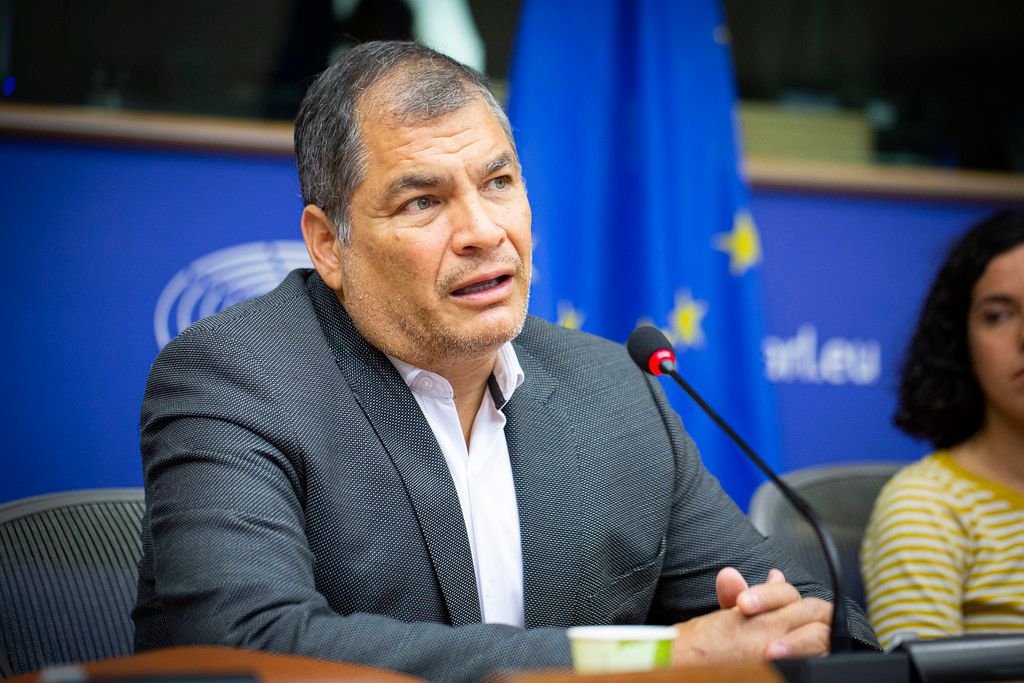
Support independent journalism on the case against WikiLeaks founder Julian Assange. Become a subscriber of The Dissenter with this 60-day free trial.
In addition to targeting WikiLeaks founder Julian Assange, a CIA-linked private security company based in Spain allegedly spied on former Ecuador president Rafael Correa.
Spanish newspaper El País reported that UC Global director David Morales instructed his employees to collect information from Correa’s 2018 meetings with Latin American leaders that included the “former presidents of Argentina, Brazil and Uruguay—Cristina Fernández de Kirchner, Luiz Inácio Lula da Silva, Dilma Rousseff, and José Mujica."
Morales’ objective was to obtain information about Correa that he could share with then-President Lenín Moreno, who succeeded Correa and turned against the platform that had convinced Correa to support him.
“Sofía and Anne, Correa’s daughters, twice had Trojans (viruses disguised as legitimate software) from the company Tradesegur installed on their cell phones,” according to El País. The two iPhone 5s were provided by UC Global in 2014 and gave the company “full control of their messages and conversations while the young women were studying in France.”
The new spying revelations come from Morales’ laptop, which has been analyzed by Assange’s legal team as part of a case in a Spanish criminal court against Morales. It has unfolded parallel to Assange’s extradition case in the United Kingdom.
El País was granted access to records showing surveillance against Correa and his press chief Amauri Chamorro Venegas, when they “were accompanied by UC Global employees acting as bodyguards on a trip between March 18 and 24, 2018.”
Laptop files previously confirmed UC Global’s connection to the CIA. El País reported on June 4, “The word ‘CIA’ appears several times on a Western Digital-branded external hard drive, on which Morales kept the projects and operations that his company—UC Global S.L.—was contracted to deliver.”
In June 2012, Assange entered the Ecuador embassy in London and applied for political asylum. The Ecuador government considered his application and granted Assange asylum in August of that year.
While numerous details related to the CIA-backed pressure campaign to force Assange out of the embassy are known, little has been reported about the role the CIA may have played in pressuring Ecuador officials.
Not only did UC Global target Correa, but El País also revealed that “intimate images involving a member of the diplomatic mission stationed at the Ecuadorian Embassy in London” were found on a “flash drive hidden in a safe at the company’s headquarters in Jerez de la Frontera, southern Spain.”
“The photographs were taken from a private hard drive belonging to the diplomat, which was copied by a UC Global employee. The intimate material was delivered by Morales in Quito to Bolívar Garcés, director of Senain, Ecuador’s now-defunct national intelligence service, when he was informed that his security contract at the London embassy was going to be terminated.”
El País continued, "WhatsApp conversations between Morales and his employees suggest he intended to use the photographs as blackmail in order not to lose the contract, which was awarded to an Ecuadorian company.”
“I want to use the images to post them. By the way [...] do you have the report that was made of her [...] I think you destroyed it, no?” Morales typed in one WhatsApp message.
It is unclear whether the files contain evidence of blackmail against Correa, however, under Moreno the former president was the target of a political prosecution. Ecuador's National Court of Justice found Correa guilty of "bribery" in 2020, and Correa has been living under asylum in Belgium (his wife's home country).
Police did not share the “intimate images” with Spanish Judge Santiago Pedraz when they handed over material uncovered while searching Morales’ devices. They also withheld files that confirmed a link between UC Global’s operations and the CIA.
Finally, yet another nugget involving Morales’ work for the CIA was found on Morales’ laptop.
While staying at The Venetian hotel in Las Vegas, which was owned by billionaire and Republican mega-donor Sheldon Adelson, Morales emailed employees about access to the audio and video recordings from the embassy cameras. He wanted employees to ensure Ecuadorians would “only see what we are interested in [...] and not who has more connections or who is connected to the system.”
The message was sent in December 2017 and attached to the email were PowerPoint slides with English instructions for creating a second user to access cameras at the embassy.
At the time, the Ecuador government planned to give Assange a diplomatic passport and help him leave the embassy in a diplomatic car on Christmas. Morales shared files with the CIA that tipped off his "American friends.”
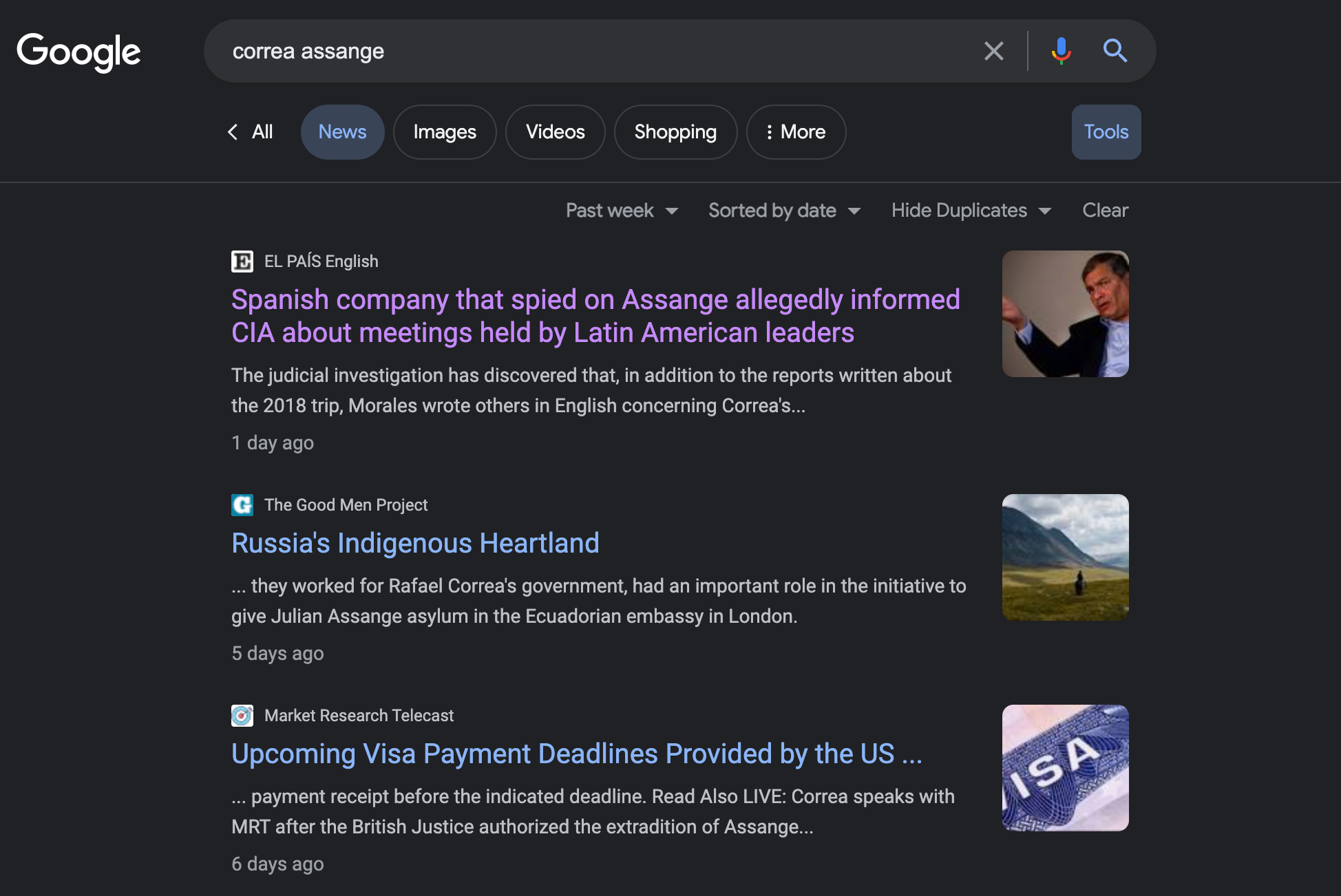
The reporting from El País, which adds even more intrigue to the Spanish case, was acknowledged and covered by zero media organizations.
News media that partnered with Assange and WikiLeaks on the publication of documents at issue in the U.S. case—the New York Times, the Guardian, Der Spiegel, and Le Monde—have ignored what has been learned about UC Global and the CIA.
But the uncovered evidence is important and relevant to the U.S. Justice Department’s unprecedented effort to pursue an Espionage Act trial against a journalist and publisher.

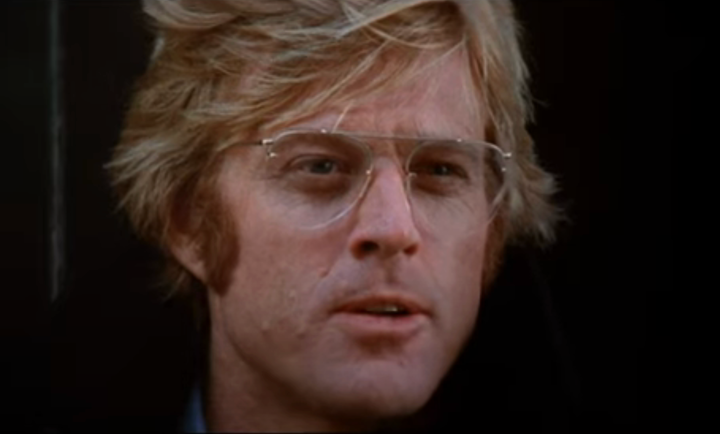
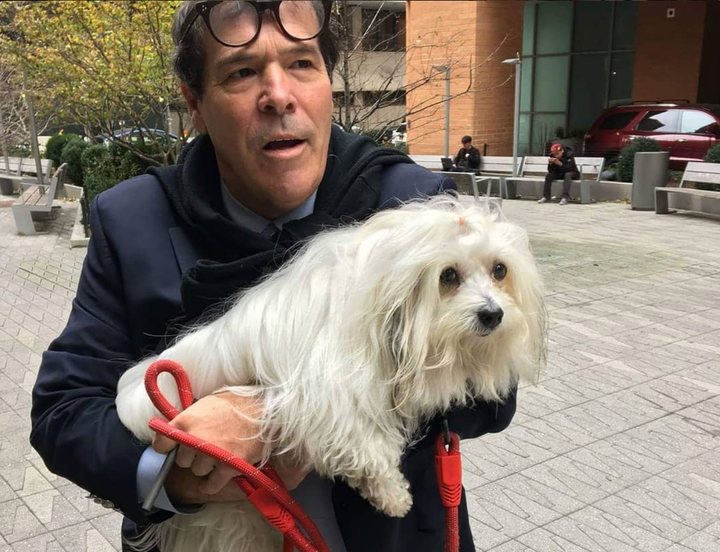
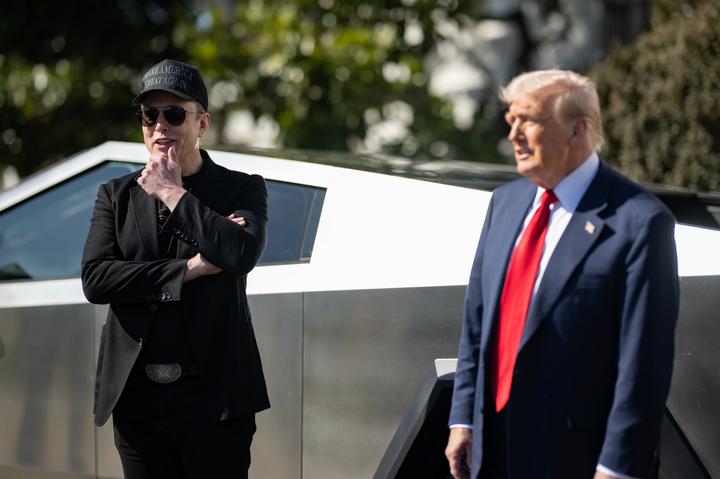
Comments ()